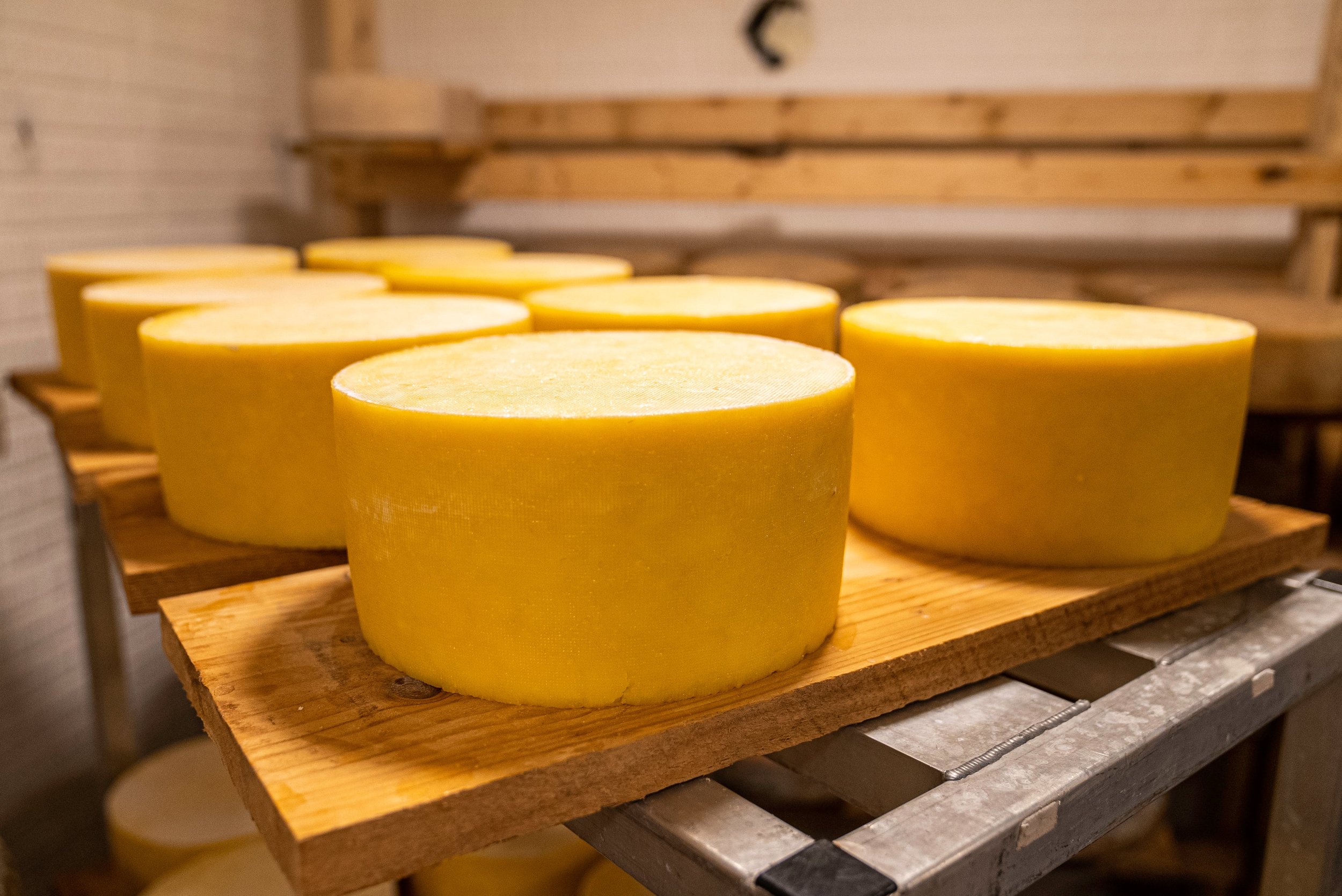Fermentation Microbiologist Jobs: Advancing the Alternative Protein Sector
Substantial investments as high as $3.7 billion have flown into the fermentation sector of the Alternative Proteins field since 2013. To create sustainable alternatives to meat or dairy, the companies in this sector have received $842 million in 2022 alone. Central to this development are fermentation microbiologists, whose expertise connects traditional food processing techniques with innovative biotechnology. Drawing from the GFI State of the Industry report, this article will explore this field, the qualifications required, and the exciting career opportunities that await fermentation microbiologists in the Alternative Proteins sector.
What Does a Fermentation Microbiologist Do?
Fermentation microbiologists are the architects behind the scenes that develop and adjust the processes that shape simple ingredients into Alternative Protein products. By using microorganisms such as yeast, bacteria, and fungi, they transform plant-based components into products that mimic the taste, texture, and nutritional value of traditional meat and dairy products. Whether it's through precision fermentation, producing specific functional ingredients like animal-free heme, or biomass fermentation, leveraging microbial cells to create protein-rich ingredients, their work is pivotal for this sector. Companies like Motif FoodWorks and Impossible Foods rely on these processes to develop innovative products for the Alternative Protein market. Through traditional, biomass, and precision fermentation techniques, microbiologists not only contribute to the diversification of the Alternative Protein landscape but also to its sustainability and scalability.
What Kind of Qualification Do You Need?
The path to becoming a fermentation microbiologist starts with a solid scientific education. A bachelor's degree in microbiology, biochemistry, chemical engineering, or a related field is typically the minimum requirement. However, the complexity and innovation of the Alternative Protein production often necessitate advanced degrees such as a Master's or Ph.D. in microbiology or biochemical engineering. Beyond formal education, essential skills include a deep understanding of microbial genetics, metabolic pathways, and fermentation technology. Specializations in areas like anaerobic microbiology or bioprocess design can further enhance a candidate's employability. As the field evolves, continuous learning and adaptation to new scientific advancements become increasingly important for those looking to make contributions to the development of the Alternative Proteins field.
What Opportunities Does a Microbiologist Have in the Alternative Protein Field?
The Alternative Protein market offers many exciting opportunities for fermentation microbiologists. With the sector's projected expansion, companies ranging from startups like Nature's Fynd to giants like Impossible Foods are on the lookout for experts capable of developing new fermentation techniques and optimizing existing processes. Microbiologists can explore diverse roles, from R&D, focusing on the discovery and development of new microbial strains, to production scale-up, ensuring the efficient and cost-effective translation of laboratory processes to industrial-scale production. Moreover, the sector's multidisciplinary nature presents many collaboration opportunities across biotechnology, chemical engineering, and food science.
How Can Fermentation Microbiologists Impact the Sustainability of Food Production?
Through their work, fermentation microbiologists enable the use of renewable resources to produce high-quality proteins, reducing the environmental footprint associated with traditional animal farming. For instance, biomass fermentation utilizes microorganisms that can convert low-value agricultural by-products into high-value nutritional ingredients, thereby promoting circular economy principles. In the field of precision fermentation, they can produce key ingredients that imitate the taste and texture of animal products without the associated environmental costs. By advancing these technologies, microbiologists contribute to reducing greenhouse gas emissions, water usage, and land exploitation, creating a more sustainable and resilient food system.
What Are the Challenges and Rewards of Working in This Sector?
Working in the Alternative Protein sector can be highly rewarding and challenging at the same time. One of the possible challenges for fermentation microbiologists is the technical complexity of scaling fermentation processes from the lab scale to industrial production, requiring a deep understanding of microbial physiology and process engineering. Moreover, the fast-paced nature of the industry demands continuous learning and adaptation to new technologies and scientific discoveries.
However, the rewards of working in this field are immense. Fermentation microbiologists are contributing to the development of sustainable food solutions that address some of the most pressing global challenges, including climate change, food security, and animal welfare. The opportunity to be at the forefront of food technology innovation, creating products that can significantly impact our food security, is both exciting and fulfilling. Moveover, the sector's growth promises not only job security but also the potential for rapid career advancement and the chance to make an impact on the world.
Start Your Journey
Emerging technologies and evolving consumer preferences towards plant-based diets forecast an expanding market. Fermentation microbiologists will be central to developing new products, optimizing production processes, and ensuring food safety and quality. The need for their expertise reaches from startups to multinational corporations, offering diverse career paths. With sustainability at the heart of global agendas, fermentation microbiologists not only have a secure career trajectory but also play a crucial role in shaping a sustainable future.
Find your place within this industry on the Tälist job board! With hundreds of new jobs in the Alternative Proteins sector available each week, you can find your ideal role to match your skills and interests!
The future of food is being written now, and your contributions could shape its course. Sign up today and take your place at the heart of the sustainable food revolution!

